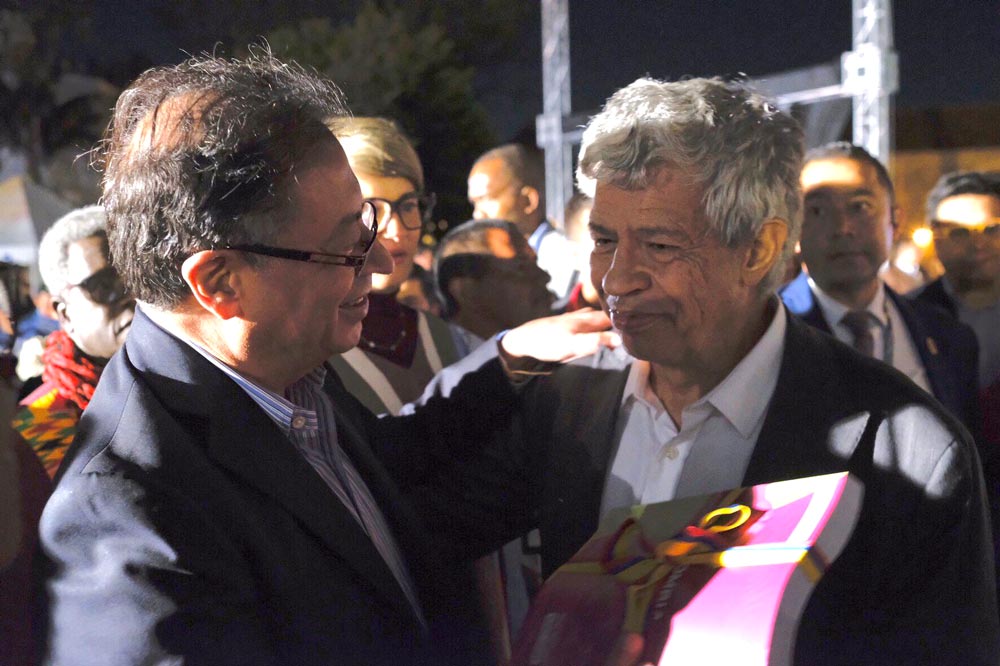Cultural Evolution of Gambling: Innovations and Traditions with VinciSpin
Exploring the Cultural Evolution of Gambling with VinciSpin

Gambling has formed an integral part of human culture across the globe, serving as a reflection of societal values and traditions. From ancient rituals to modern casinos, the evolution of gambling showcases a fascinating journey of human behaviour and innovation. In this article, we will delve into the rich tapestry of gambling traditions and innovations worldwide, highlighting how they interconnect with contemporary practices.
Historical Roots of Gambling
The origins of gambling can be traced back thousands of years. Archaeological findings suggest that ancient civilisations, including the Chinese, Egyptians, and Romans, engaged in various forms of gaming. Dice, one of the earliest gambling tools, were found in ancient sites, indicating that chance games have been a source of entertainment and social validation for millennia.
Ancient Civilisations and Their Games
- China: The Chinese are credited with developing the earliest forms of gambling, which included games like Keno and the use of dice.
- Egypt: The Egyptians played a variety of games, including Senet, which combined elements of strategy and chance, often for gambling purposes.
- Rome: Romans embraced gambling with board games and betting on gladiatorial contests, demonstrating a blend of entertainment and risk.
Traditions and Cultural Significance
In many cultures, gambling carries significant social implications. For instance, in some Indigenous tribes, gambling games were often part of ceremonial rituals. These traditions not only offered entertainment but also played a role in community bonding and social structure.
Gambling in Different Cultures
- Native American Gambling: Many tribes have historically used games of chance as a means to assert sovereignty and foster community ties.
- Asian Gambling Traditions: In countries like Japan and China, gambling has entwined with cultural festivities, such as the Lunar New Year.
- European Gambling: The rise of casinos in Europe during the 17th century marked a turning point, where gambling evolved into a regulated activity offering luxury experiences.
Modern Innovations in Gambling
As technology has advanced, so too has the landscape of gambling. The digital revolution has brought forth online platforms, transforming traditional gambling experiences into virtual realms. Innovations such as mobile gaming, live dealer games, and gamification have reshaped how players engage with gambling.
The Rise of Online Gambling
Online gambling platforms have democratized access to games, allowing individuals to participate from the comfort of their homes. This shift has led to the emergence of brands like VinciSpin, which cater to diverse audiences with a variety of games and betting options.
Regulation and Ethical Considerations
With the growth of gambling, regulatory frameworks have become essential to ensure fair play and protect consumers. Countries across the globe have established legal guidelines to manage gambling operations, addressing issues such as addiction and fraud. Ethical considerations remain paramount as the industry adapts to a rapidly changing environment.
Responsible Gambling Initiatives
Many gambling platforms, including VinciSpin, promote responsible gambling practices. These initiatives aim to educate players on the risks and encourage healthy gaming habits, ensuring that entertainment does not turn into a harmful addiction.
Conclusion
The cultural evolution of gambling is a testament to humanity’s enduring fascination with chance and risk. From ancient rituals to modern technologies, gambling has evolved, reflecting societal changes and innovations. As we move forward, the balance between tradition and innovation will continue to shape the gambling landscape, ensuring it remains a vital aspect of global culture.
In summary, gambling’s rich history and its modern interpretations, such as those offered by VinciSpin, provide a unique lens through which to understand human behaviour and cultural evolution.

